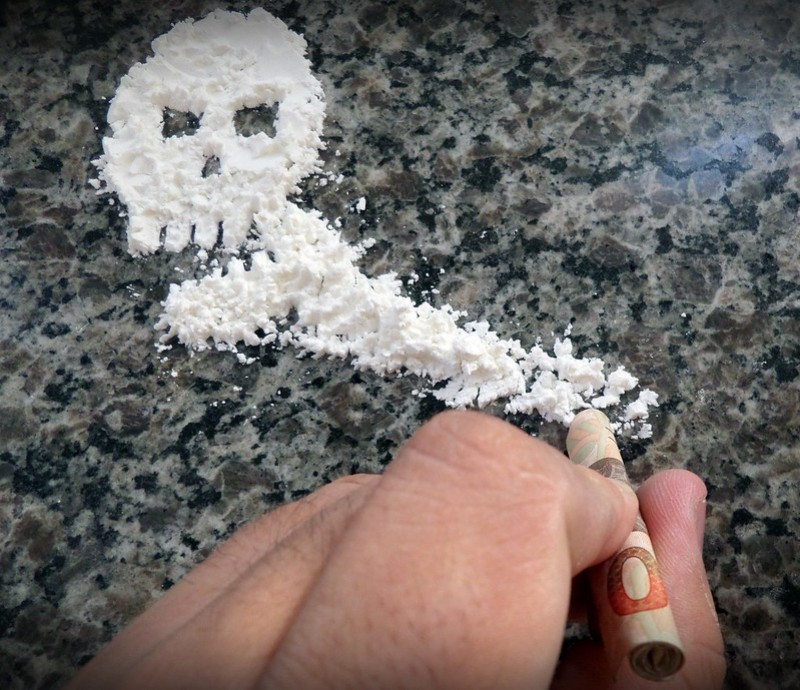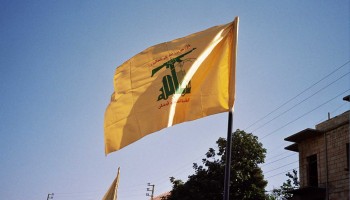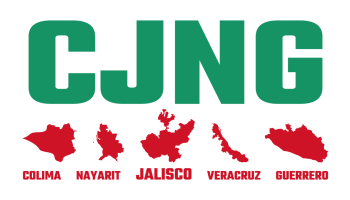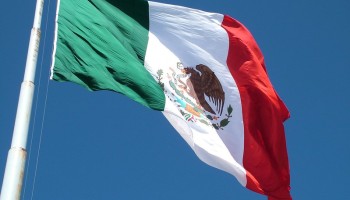Earlier this week police raided 117 properties across the country and arrested the 198 suspects, including some of the gang’s regional leaders, a press release from the Colombian Presidential Office said.
“The modus operandi used by this criminal organization was to create shell companies for construction, investment in hotels, fuel service stations, real estate and livestock, to stimulate the flow of illicit capital in the legal financial system,” it added.
Following the operation, Bogota on Wednesday extradited Jose Alfredo Valencia to the U.S. , where a federal jury indicted him in August 2018.
The 43-year-old was arrested during a special police operation in Medellin in November that year, along with Johnny Fidel Cuello-Petro, 45, and Joaquin Guillermo David-Usuga, 43, Colombian press reported.
David-Usuga is believed to be a key member of the Clan del Golfo, according to a press release from the U.S. Attorney’s Office.
Prosecutors claim the three were involved in a five-year-long conspiracy to export cocaine from Colombia to the U.S. and participated in the distribution of 20 kilograms of the drug in the Latin American country while knowing it would be imported into the U.S.
David-Usuga was extradited to the U.S. in December 2019 and is pending trial, while Cuello-Petro was extradited last October and is awaiting sentence after having pleaded guilty to international cocaine distribution a month ago.
In 2018, the U.S. Attorney General designated Clan del Golfo as a top transnational organized threat, along with MS-13, the Sinaloa Cartel, the Cartel de Jalisco Nueva Generacion, and the Lebanese Hezbollah.
The highly structured criminal organization has a widespread presence across Colombian territory and uses Panama and other Central American countries as a route to import cocaine into the U.S. Its members have been indicted in the past for drug-trafficking, homicide, arms trafficking, extortion and money-laundering.






